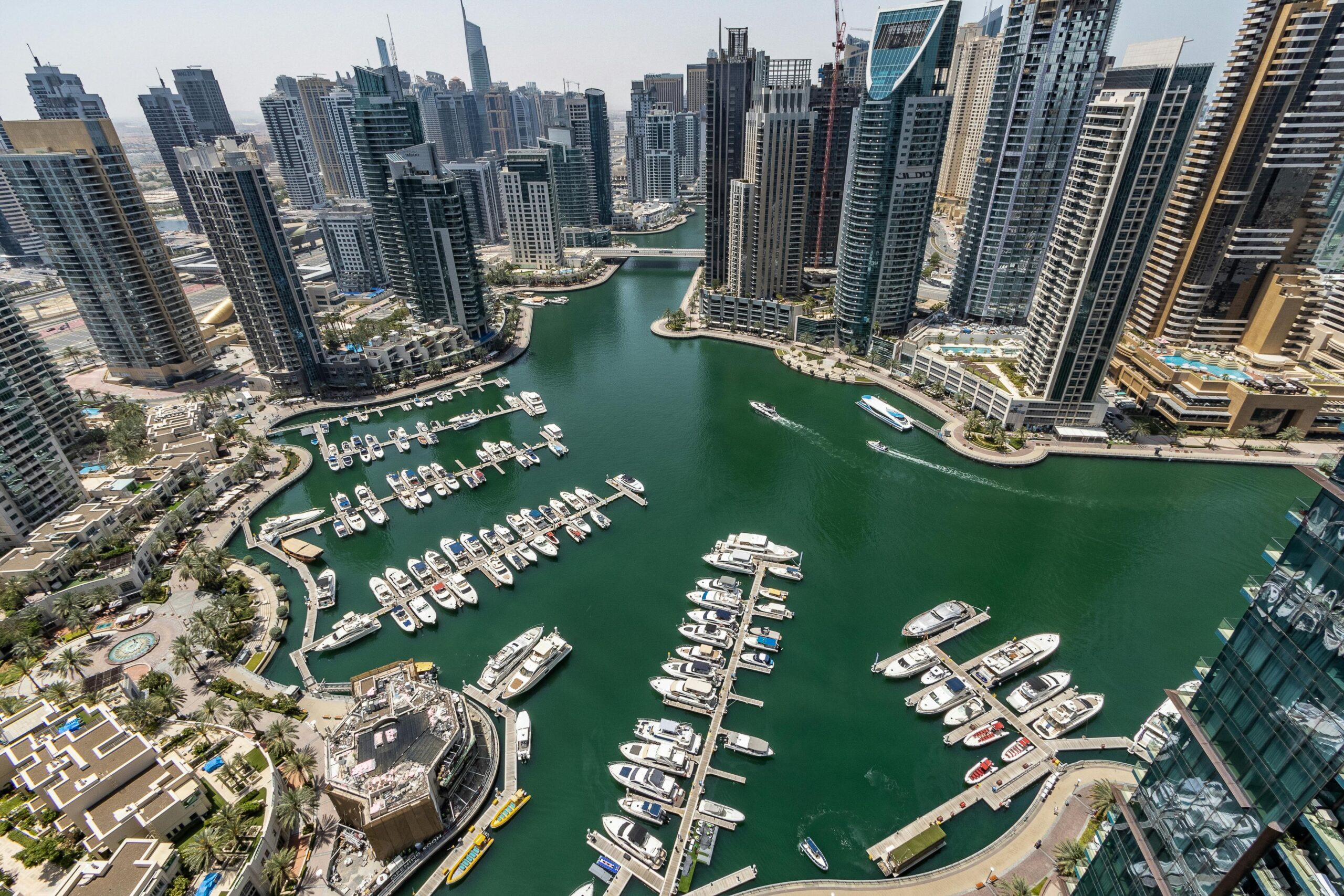Dubai’s real estate market has become a global hotspot, attracting investors from all over the world. However, before diving in, it’s crucial to understand the city’s property laws to ensure a smooth and secure investment journey. This guide will walk you through the key legal aspects every investor should know.
1. Can Foreigners Buy Property in Dubai?
Yes! Dubai allows foreign investors to buy property, but with specific regulations. According to the Dubai Property Law (Law No. 7 of 2006), non-UAE nationals can own:
- Freehold properties in designated areas such as Dubai Marina, Palm Jumeirah, Downtown Dubai, and Jumeirah Lakes Towers.
- Leasehold properties for up to 99 years in other areas.
For complete ownership rights, freehold properties are the preferred option for foreign investors.
2. What Are the Key Legal Requirements for Property Investment?
Before purchasing property in Dubai, here are the key legal considerations:
A. Title Deed Registration
All property transactions must be registered with the Dubai Land Department (DLD). The official title deed is issued upon full payment, securing the buyer’s ownership.
B. No-Objection Certificates (NOC)
When purchasing property from a developer, an NOC is required to confirm there are no outstanding payments or legal issues.
C. Property Visa Eligibility
Investing in real estate valued at AED 750,000 or more may qualify you for a renewable 2-year investor visa. Properties worth AED 2 million or more may grant eligibility for a 10-year Golden Visa.
3. Taxes and Fees Associated with Property Purchases
Dubai’s real estate market is known for its tax-friendly environment, but some fees apply:
- Property Transfer Fee: 4% of the property value (payable to the DLD).
- Registration Fee: AED 2,000 for properties below AED 500,000 and AED 4,000 for properties above.
- Service Charges: Annual maintenance fees vary by community and developer.
4. Off-Plan vs. Ready Properties: Legal Considerations
Dubai offers both off-plan (under-construction) and ready properties for sale. Each comes with unique legal aspects:
- Off-Plan Properties:
- Must be registered with the DLD’s Oqood system.
- Payments go into escrow accounts to protect buyers.
- Ensure the developer is registered with the Real Estate Regulatory Authority (RERA).
- Ready Properties:
- The transaction is straightforward, requiring a sales agreement and title deed transfer.
- Less risk compared to off-plan purchases.
5. Dispute Resolution: What If Issues Arise?
Property disputes can arise from contract disagreements, fraud, or delays. Investors can seek resolution through:
- RERA – Handles complaints against developers and brokers.
- Dubai Courts & Arbitration Centers – For legal disputes requiring court intervention.
Always work with registered real estate agents and ensure contracts are clear to avoid potential conflicts.
6. Common Mistakes Investors Should Avoid
- Skipping Due Diligence: Verify property ownership, outstanding payments, and developer credibility.
- Not Understanding Service Fees: Factor in maintenance costs to avoid surprises.
- Ignoring Legal Counsel: Hiring a real estate lawyer can protect your interests.
Final Thoughts: Secure Your Investment in Dubai
Understanding Dubai’s property laws ensures a secure and profitable investment. Whether you’re buying for personal use or rental income, staying informed about legal requirements is crucial. Need expert advice? Contact us today to make your Dubai real estate investment seamless and hassle-free!




